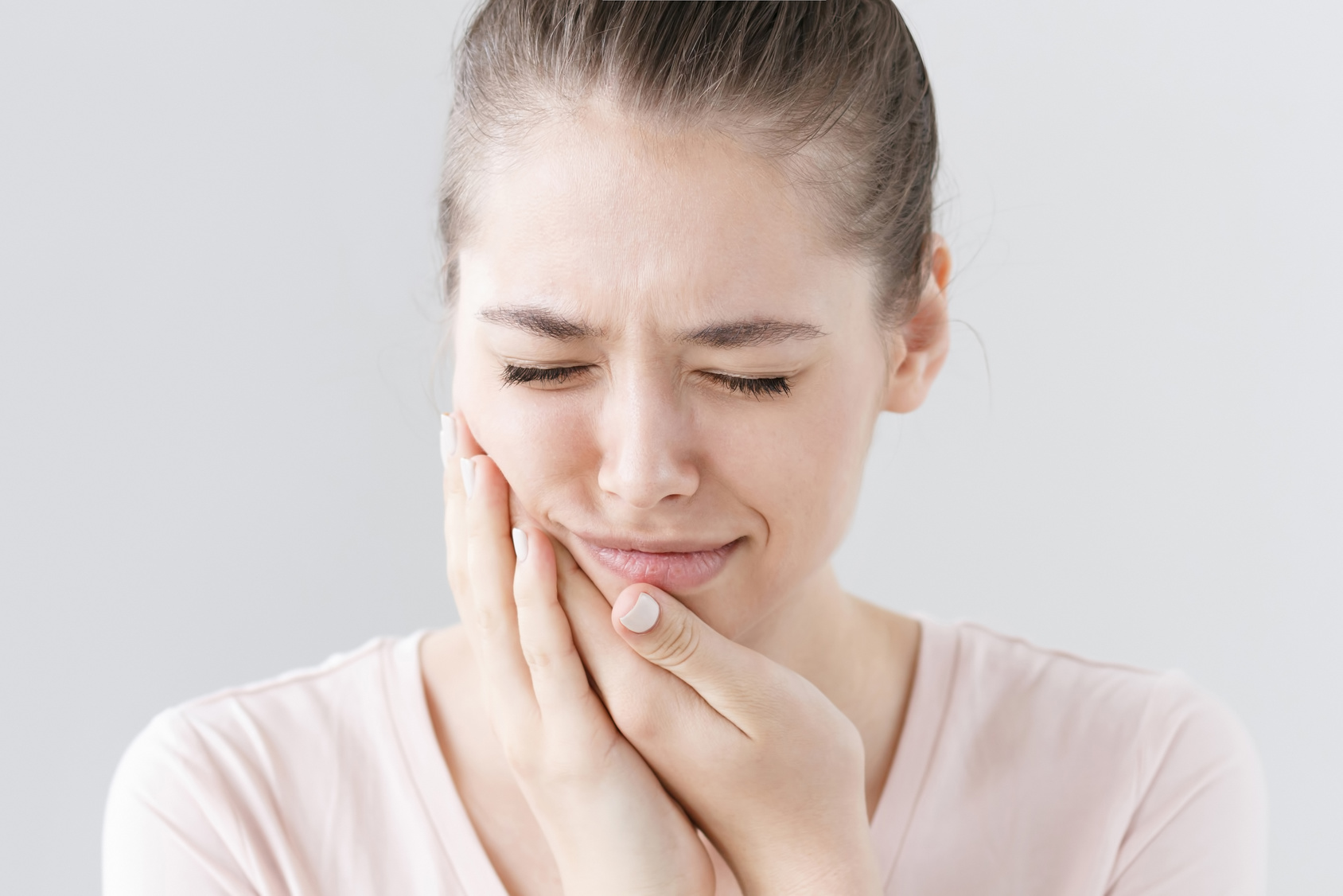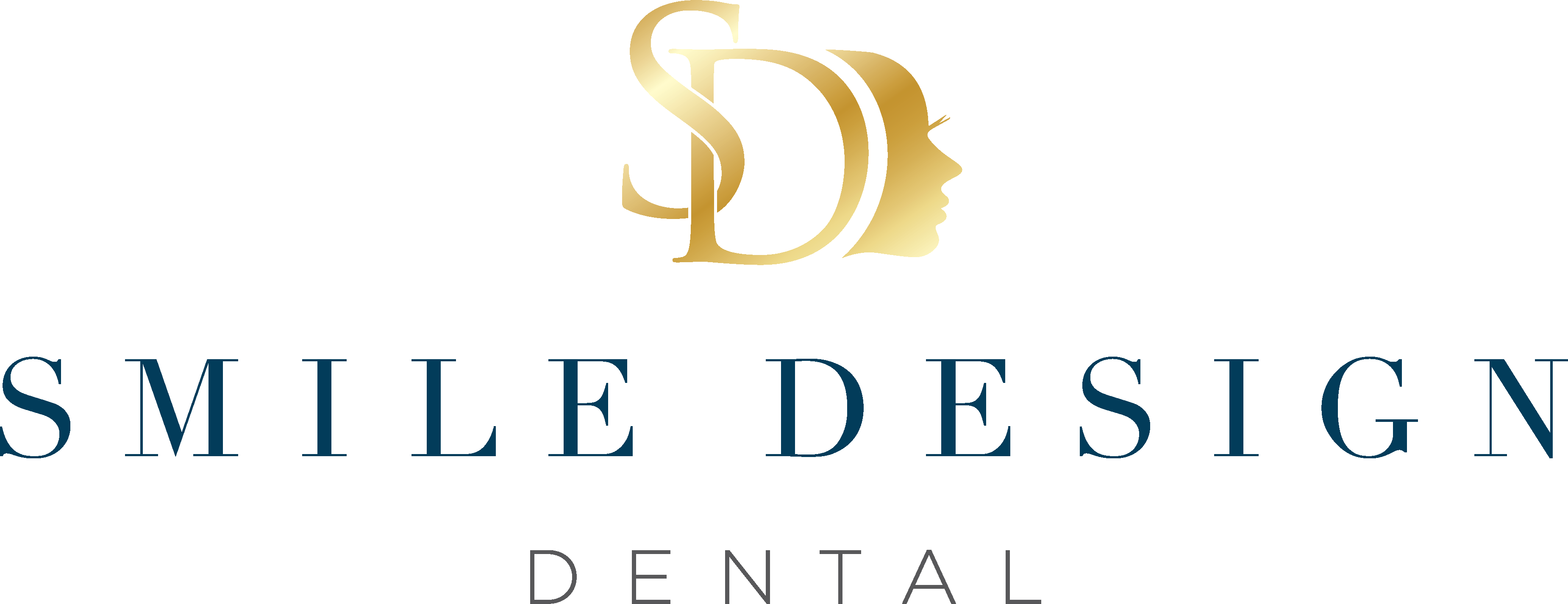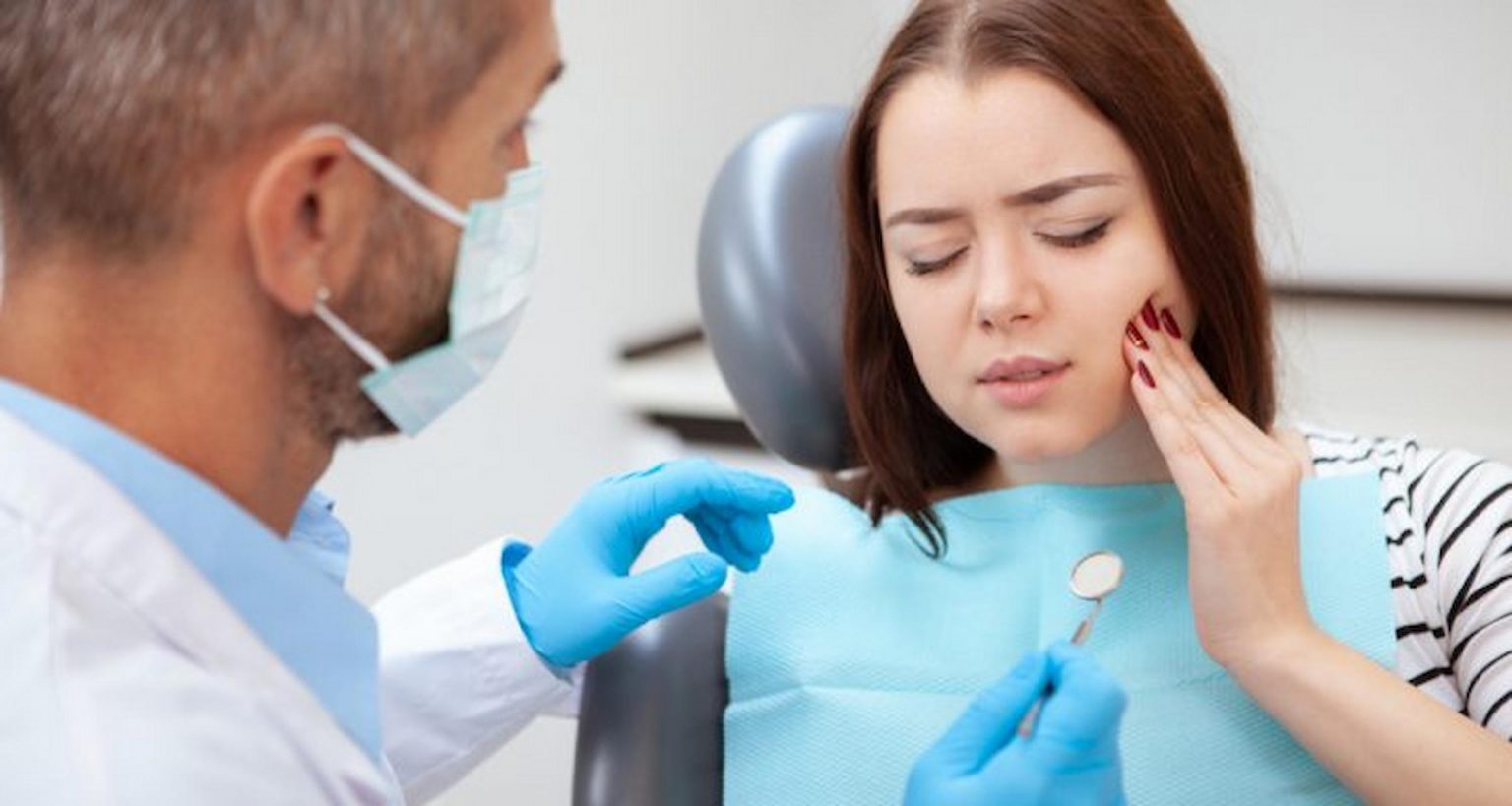
Tooth pain can disrupt daily routines and cause discomfort, prompting individuals to seek natural remedies for relief. Among the various home remedies, vinegar, particularly apple cider vinegar, is gaining popularity for its purported health benefits. This blog delves into the relationship between vinegar and tooth pain, examining how vinegar may help alleviate tooth pain, its application, and important safety considerations.
Causes and Symptoms of Tooth Pain
Tooth pain can stem from diverse causes, ranging from temporary gum irritation to more severe conditions like cavities or infections. Common symptoms include mild to sharp pain, throbbing sensations while biting, teeth sensitivity, gum swelling, and associated issues like headaches, fever, or bad breath.
Also Read: Do You Brush Teeth After Whitening Strips?
Also Read: Does Insurance Cover Teeth Whitening?
How Vinegar Helps Reduce Tooth Pain
Apple cider vinegar, celebrated for its health benefits, contains beneficial bacteria and exhibits acidic properties that contribute to its potential in managing tooth pain. The acidic nature of vinegar aids in killing bacteria responsible for tooth pain. Applying apple cider vinegar directly to the affected area or swishing the mouth with a diluted solution may help alleviate tooth pain.
To apply vinegar for tooth pain relief:
- Soak a cotton ball in vinegar.
- Apply the cotton ball to the affected area.
- Alternatively, swish the mouth with 2-3 teaspoons of diluted apple cider vinegar.
- Thoroughly rinse the mouth with water.
Can Vinegar Damage Teeth?
Despite its potential benefits, vinegar’s high acidity raises concerns about its impact on teeth. With an average pH ranging from 2.5 to 3.0, vinegar can erode the outermost layer of teeth, known as enamel. Prolonged or excessive use may lead to tooth sensitivity, decay, or cavities. To mitigate potential harm, it is advisable to dilute vinegar with water to create a neutral solution. Consulting a dental professional before using vinegar is crucial to ensure safety and appropriate usage.
Conclusion
While vinegar, especially apple cider vinegar, is recognised as a home remedy for tooth pain, caution is necessary due to its acidic nature. It can offer temporary relief by minimising pain and inflammation, but excessive use may pose risks to tooth enamel. Dilution and consultation with a Teeth Whitening Brisbane dentist are recommended to ensure safe usage tailored to individual tooth conditions.
Also Read: What to Eat After Teeth Whitening?
Also Read: How Long Does Professional Teeth Whitening Last?
Frequently Asked Questions
For which conditions is apple cider vinegar beneficial?
Apple cider vinegar is known for its antibacterial and antifungal properties. It may offer benefits for digestion, blood sugar regulation, blood pressure management, heartburn relief, improvement of cholesterol levels, and potential cancer risk reduction.
Can apple cider vinegar be helpful in teeth whitening?
Apple cider vinegar’s anti-inflammatory properties have led some to use it for teeth whitening. Applying it to teeth for 1 to 2 minutes over specific days is suggested for potential whitening effects.
What are other natural ways to reduce tooth pain?
Other natural remedies for tooth pain relief include rinsing the mouth with lukewarm saltwater and applying clove oil, known for its temporary pain-relieving properties.
Disclaimer: Seek Professional Medical Advice
The information provided in this blog is for educational and informational purposes only. It is not intended as a substitute for professional medical advice, diagnosis, or treatment. Always seek the advice of your dentist or other qualified health provider with any questions you may have regarding a dental or medical condition. Never disregard professional medical advice or delay in seeking it because of something you have read in this blog.
This blog is not intended to provide specific dental or medical advice and should not be used as a substitute for professional diagnosis and treatment. Reliance on any information provided in this blog is solely at your own risk. The authors and the website shall have no liability for claims by, or damages of any kind whatsoever, to users of this blog or any other person for a decision or action taken based on the information contained in this blog.
Always consult with a qualified dental or medical professional for advice tailored to your individual circumstances.


